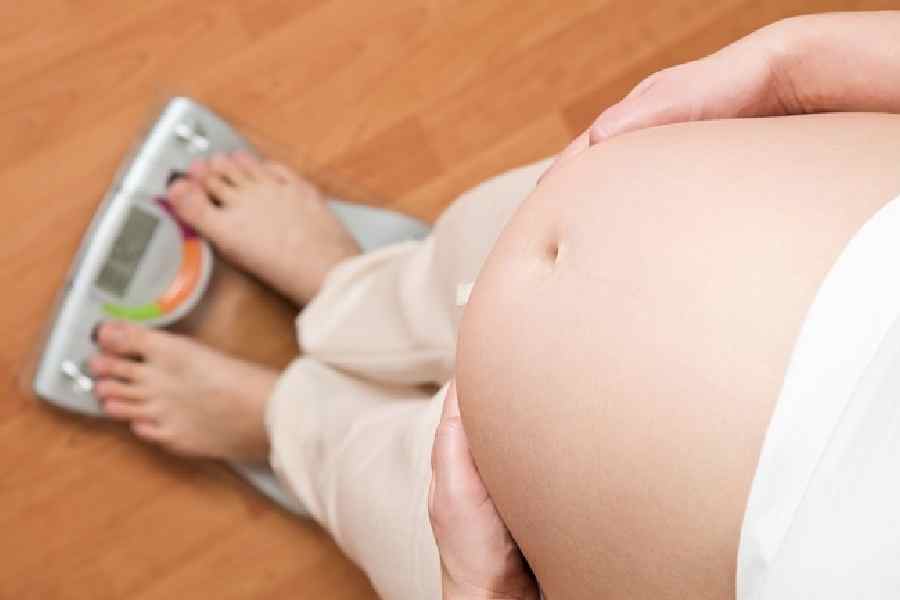A study has linked sperms carrying fragmented DNA with a doubled risk of pre-eclampsia in women who became pregnant through in vitro fertilisation, or IVF.
With infertility rates rising around the world, assisted reproduction techniques such as IVF are increasingly being adopted for having children.
However, women becoming pregnant through such methods have been studied to be at a greater chance of pregnancy complications, including pre-eclampsia (high blood pressure), miscarriages, premature birth and low birth weight.
Further, about 20-30 per cent of babies born through IVF have fathers with damaged DNA in their sperm, revealed by a higher level of fragmented DNA in which the strands or chains are broken, researchers from Lund University in Sweden said.
While sperm carrying fragmented DNA may still be fertile, chances of fertilisation are lower, and if one's DNA fragmentation index (DFI) score exceeds 30 per cent, the success rate is close to zero, they added.
"Before a planned in vitro fertilisation, the man's sperm sample is analysed for concentration, motility and morphology. But there are men who, according to this analysis, have normal sperm but still have reduced fertility," Amelie Stenqvist, a lecturer at Lund University and corresponding author of the study published in the journal Fertility and Sterility, said.
"Since half of the placenta's DNA comes from the father and placental development and function play a central role in pre-eclampsia, we wanted to investigate whether a high percentage of DNA damage in the sperm affected the risk of pre-eclampsia," author Aleksander Giwercman, a professor of reproductive medicine at Lund University, said.
The researchers looked at nearly 1,600 couples who conceived through assisted reproduction techniques, of which 841 couples who underwent IVF were included in the final analysis.
The team found that in the 841 couples, a DFI of over 20 per cent doubled the risk of pre-eclampsia and also increased the risk of premature birth.
Further, in the IVF group having a DFI score under 20 per cent, the risk of pre-eclampsia was found to be comparable to that in pregnancies occurring naturally.
The authors said that a DFI test could help identify high-risk pregnancies.
Except for the headline, this story has not been edited by The Telegraph Online staff and has been published from a syndicated feed.










